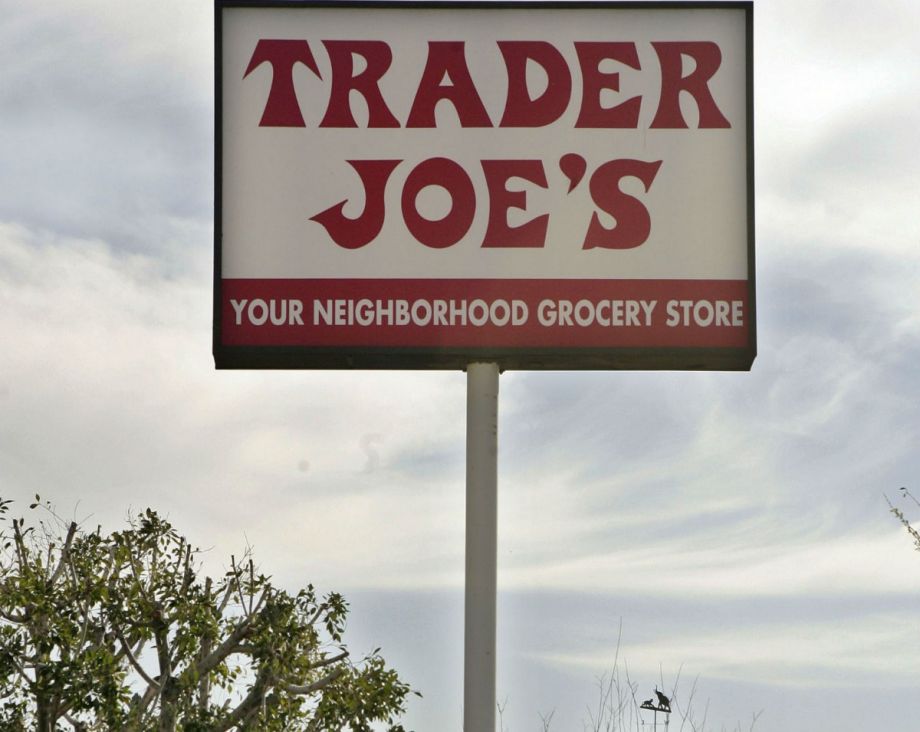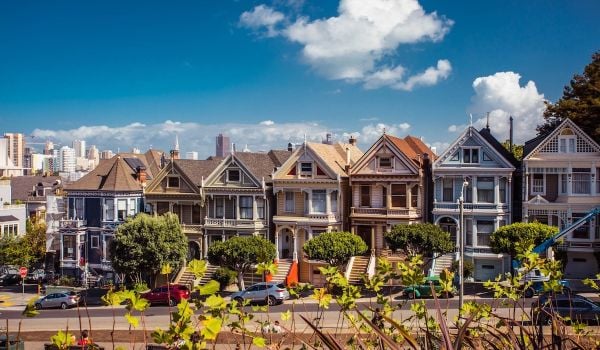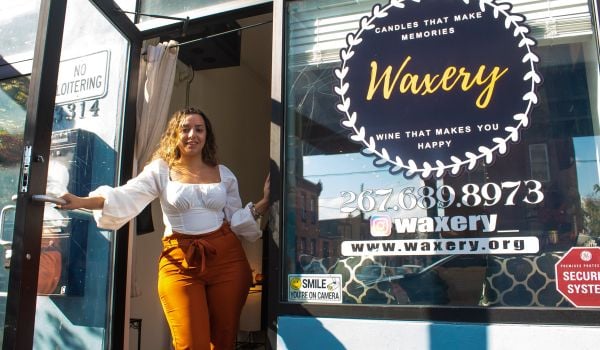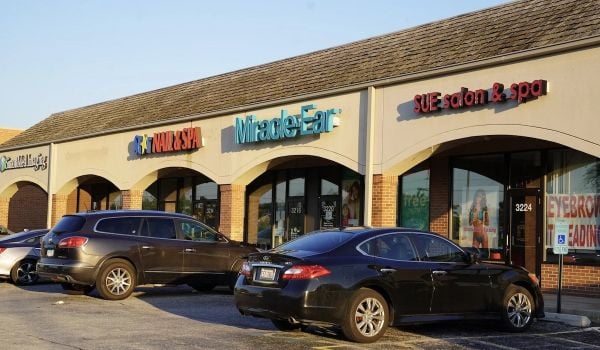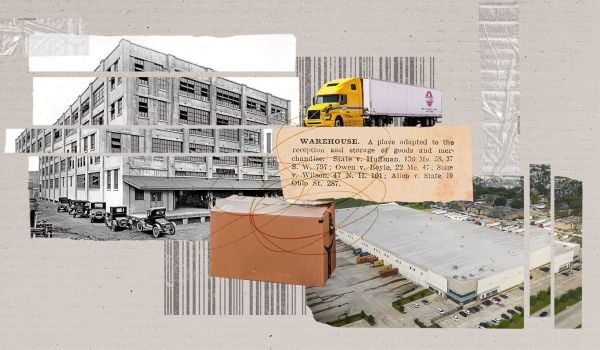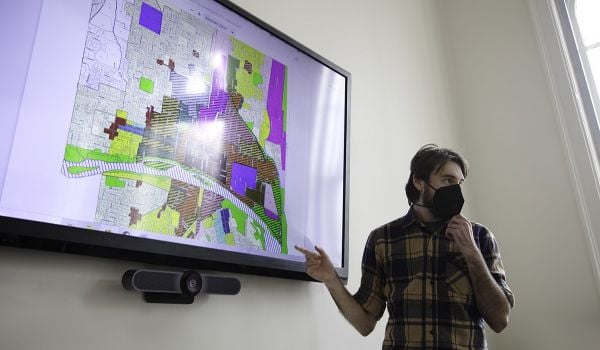On March 5, Trader Joe’s announced that it would yet again pull out of the Greensboro, N.C. market. Just like in Portland, the grocery chain saw community members protesting (over development and zoning issues) and ran in the other direction — at least for now. Two years ago, residents protested the grocer’s plans to open a branch at the same spot. Who knows: Two years from now, Trader Joe’s could come back.
Until then, I told myself, I could deal with living in a Walmart town. In fact, I got a bit snarky on my blog about it:
Stores like that, you know, the ones that have cheapish stuff, but a somewhat upscale atmosphere, I believe are only taking advantage of what they think youth or boomers with disposable income or some other magical unicorn person will buy and will buy repeatedly. Unfortunately, magical unicorns tend to not have strong political views or bank accounts that hover around or appear to hover around zero. Stores that don’t take risks don’t like cleaning up old parking lots or making sure even the folks who carry EBT cards have the opportunity to have shiny electronics or even just basic food items. Walmart, however, goes directly after that market. We talk about the exploitation that they do, but there’s a degree of exploitation in the pretty but cheap store market too. They exploit the emotions of those of us who make just enough to spend at least $50-100 at Target each month, 60% of the cart being non-food items that may or may not be adult toys or pure junk. They make us feel better as a town when they show up promising more [Milk Chocolate Salted Caramel Butter Cookies] for cheap.
But the truth is, I really like Trader Joe’s. I’m in that middle-income demographic that likes fancy food just as much as I’m a struggling young professional who probably should shop at Walmart more often. I also know several nice spots that could host a Trader Joe’s, should the chain’s decision-makers decide to return. Maybe they don’t think middle-income people travel to these shopping areas, but I know of one that clearly has a middle-to-high income focus.

Credit: Rusty Tanton on Flickr
This is a block in Downtown Greensboro. The storefronts are all empty except for one in the Grissom Building — which just became occupied last week — and there’s a city-owned parking lot two storefronts down. Right across the street there’s another open surface lot that could easily become decked parking to handle the demand.
Or, if developers wanted to revamp a shopping center or two, there’s this one across the street from a brand new Walmart Neighborhood Market. (That new Walmart used to be a Borders. A Trader Joe’s in nearby Winston-Salem occupies a former Borders as well.)
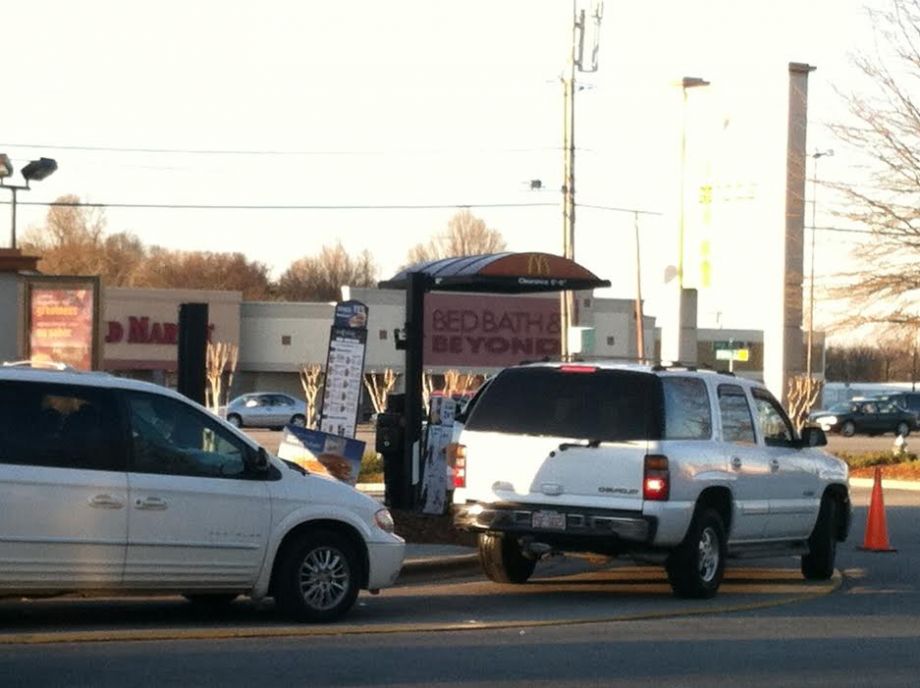
There’s also this location, in the neighborhood of Glenwood. Across the street from a CVS, a Food Lion and great mix of university students, nonprofit workers, and international migrants staking a claim into the civic life of Greensboro.
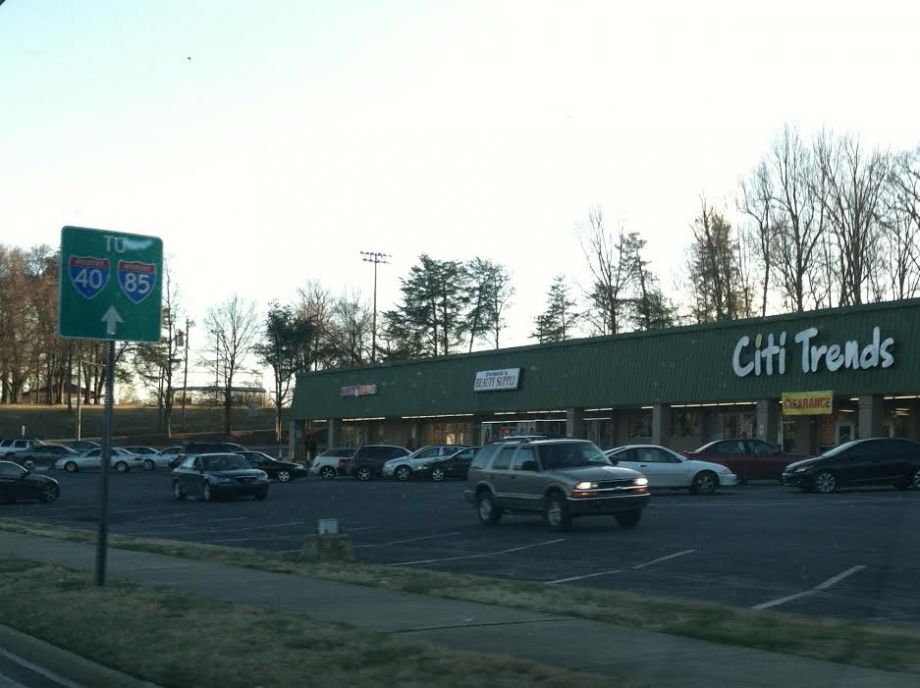
Finally we have this spot, in the back of our regional enclosed shopping mall, was once a Winn-Dixie (another mid-priced chain). H&M just opened up in the shopping mall. I’m sure the two target demographics overlap just a little bit.
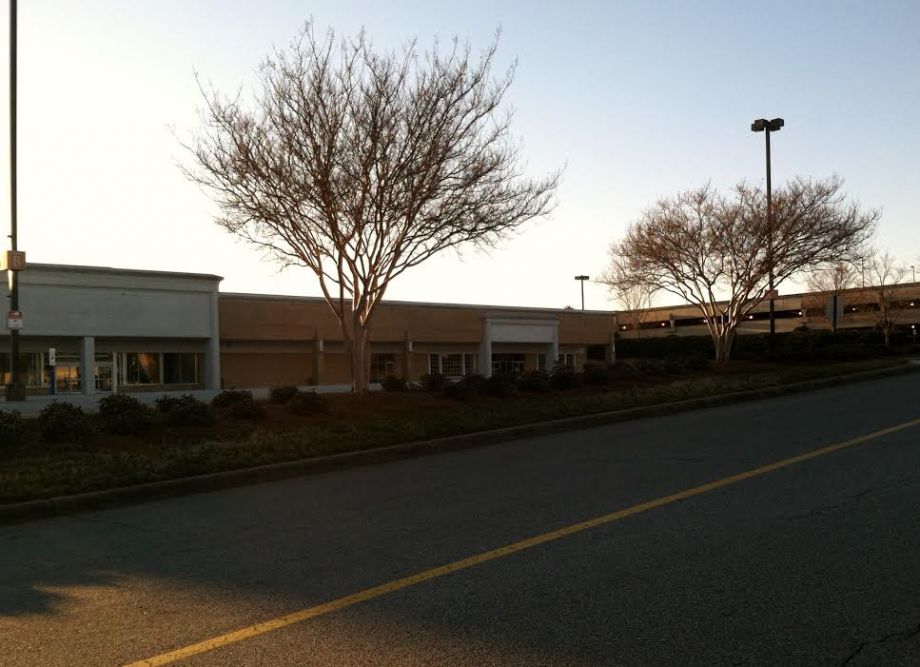
I believe that Trader Joe’s can, should and will work in the city of Greensboro to open a location here. I’ll allow that the proposed site would have encroached on residences, and acknowledge the oversaturation of grocery stores within two blocks of the shopping center in question. However, I believe strongly in the need for a grocer that respects middle-class sensibilities without raising the prices of its goods. I’m well versed in the retail restrictions grocers face in shopping centers, and I understand the inability to take risks.
However, igniting an established but not-so-trendy neighborhood is not a risk. Instead, It’s the greatest opportunity that a company priding itself on dedication to customers can take.
All photos by Kristen Jeffers except where noted otherwise.

